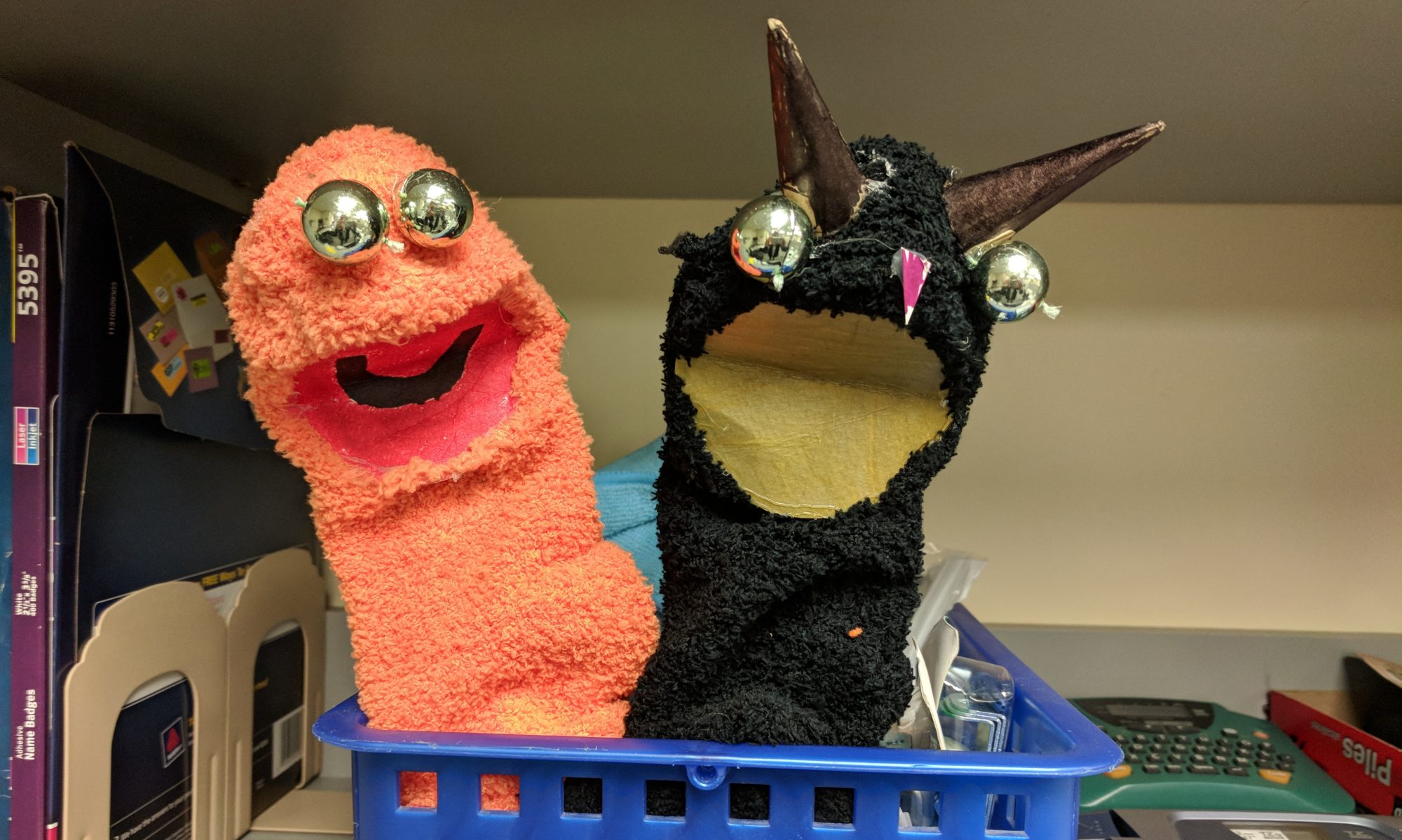I discovered VICE magazine in my late teens. Lesley Arfin’s Dear Diary quickly became my favorite regular article…waaay better than the Gross Jar. Every month I looked forward to reading her old diary entries and her reactions to them in the present.
One day the articles stopped and in the back of my mind I always wondered what happened. I found my answer a few weeks ago when I picked up Lesley’s new book, Dear Diary. In her book, Lesley includes her “funniest” diary entries from the ages of 11-25, where she goes from self-conscious pre-teen to punk rocker to heroin addict to rehab. She includes follow up statements from both herself and the people who played a role in shaping her life…if she could track them down.
Lesley seems to use her writing as a way to make sense of the world. Through the careful review of her diary entries, as well as self-reflection, Lesley seems to discover and accept herself for who she was and who she is today. This process allowed Lesley to realize that there are numerous points of view to a single event. She is also able to connect with others in a way that seemed impossible at one time. I admire her honesty and her ability to confront herself and people from her past.
Here is a brief quote from the afterward section of the book:
“What was once written in a locked-up book on a plain sheet of pink paper had turned into something I could use to communicate with. This is how a girl who was so insecure once upon a time turned into someone who would let the entire world read her diary today…”(p. 230)
There are many ways one can keep a diary (see the post entitled Documentary Film Making). I most naturally use art in this way, but I also find writing during times of crisis extremely helpful in organizing my thoughts. While working with eating disordered patients, my supervisor Jeanette Pailas would often suggest keeping a visual and/or written diary as an intervention. Diary making was a common group directive, where the patients make books for the purpose of recording one’s thoughts throughout the treatment process and perhaps reviewing the entries at a later time.
Whether it be through pen and paper, the fine arts, film making, or even blogging, keeping a diary of sorts seems like the natural tendency for many people. Not only is it often experienced as non-threatening (because you don’t have to show it to anyone), but it can allow for self-reflection, self-confrontation and can be reviewed at a later date. As Lesley demonstrates, it can also be used to creatively inspire others to learn from their mistakes and to accept oneself.
